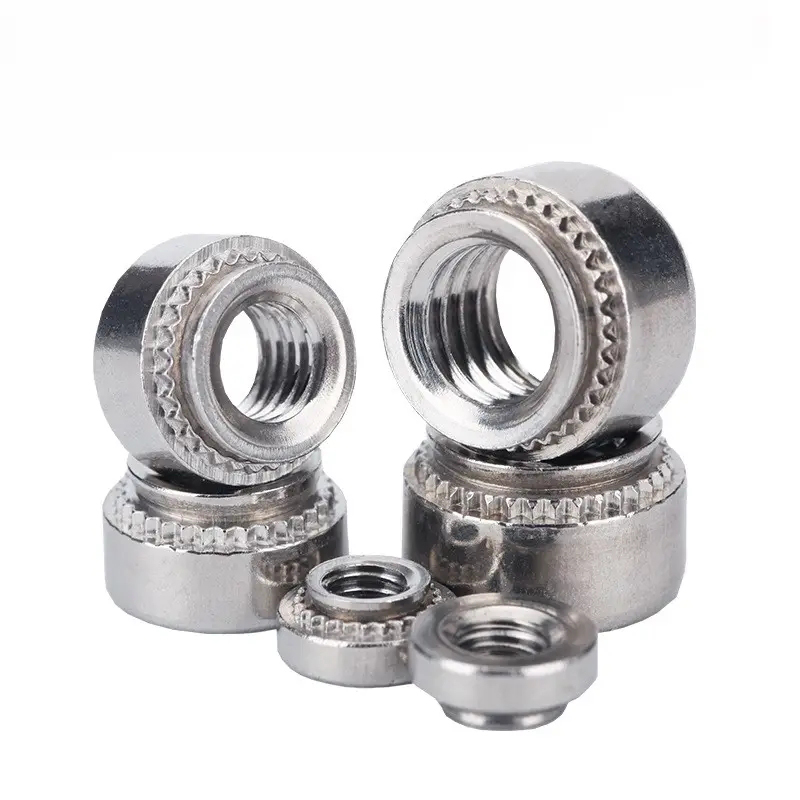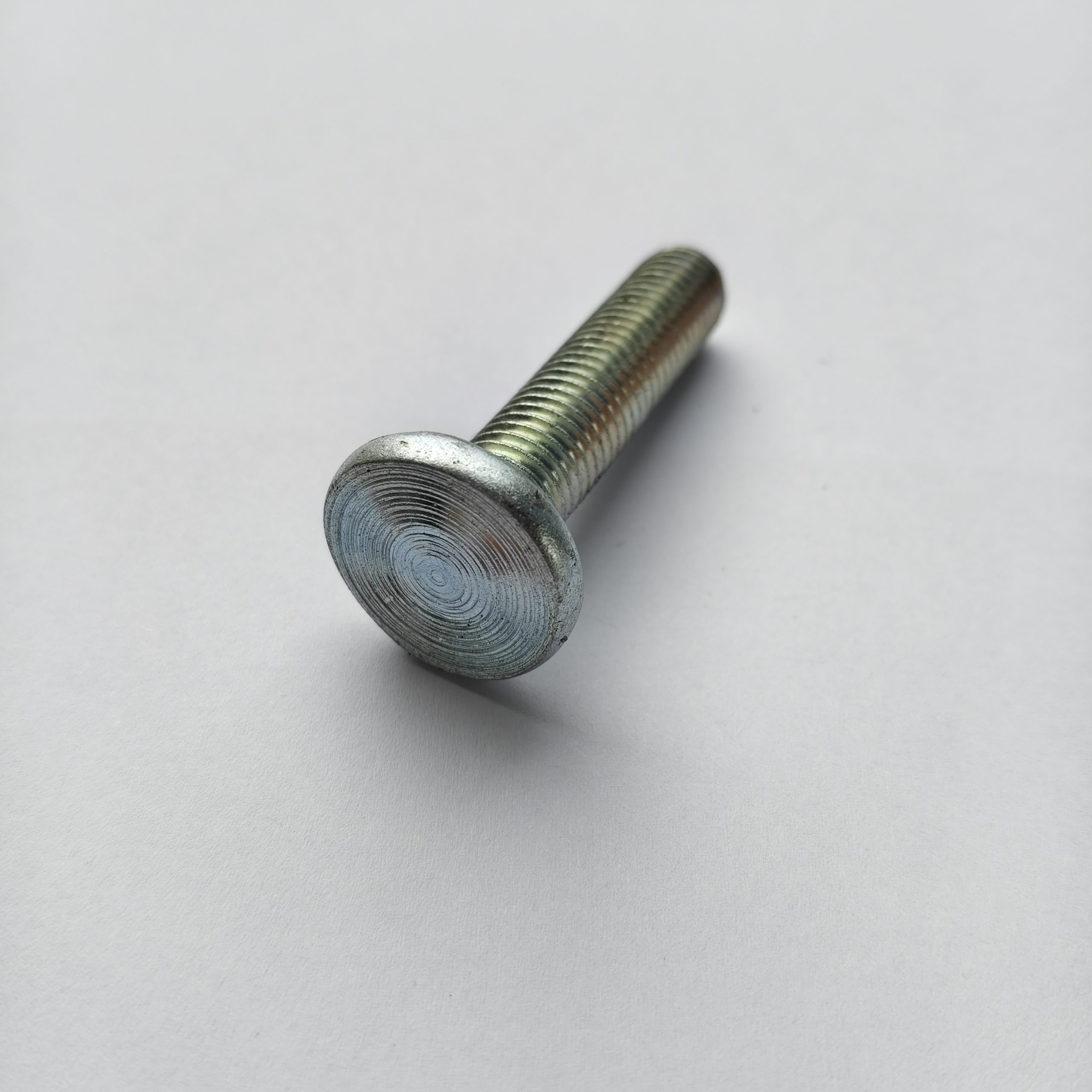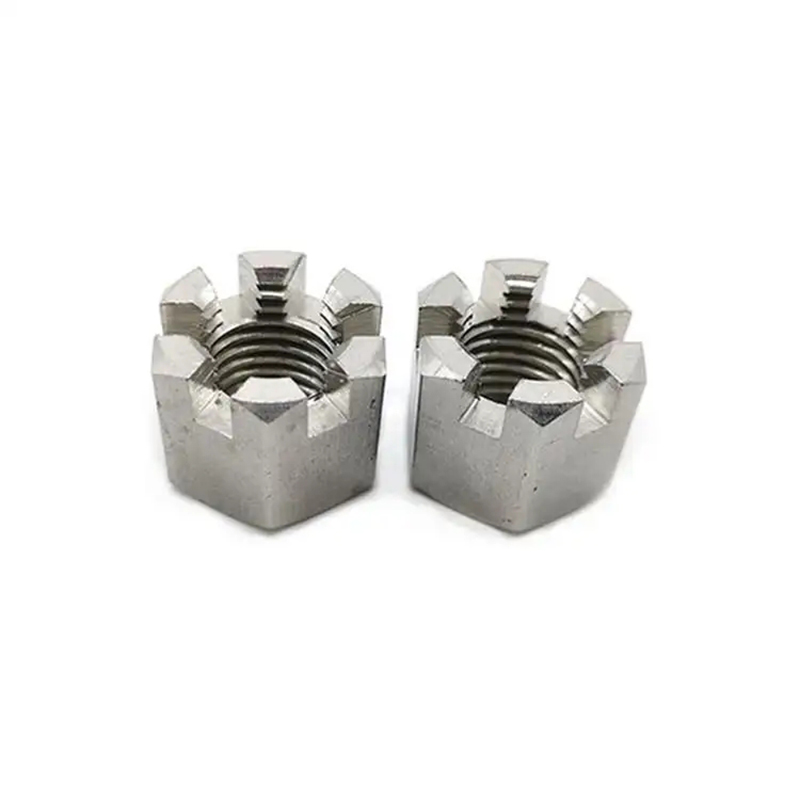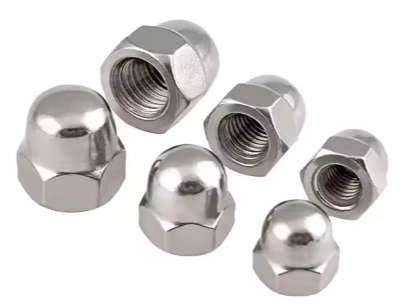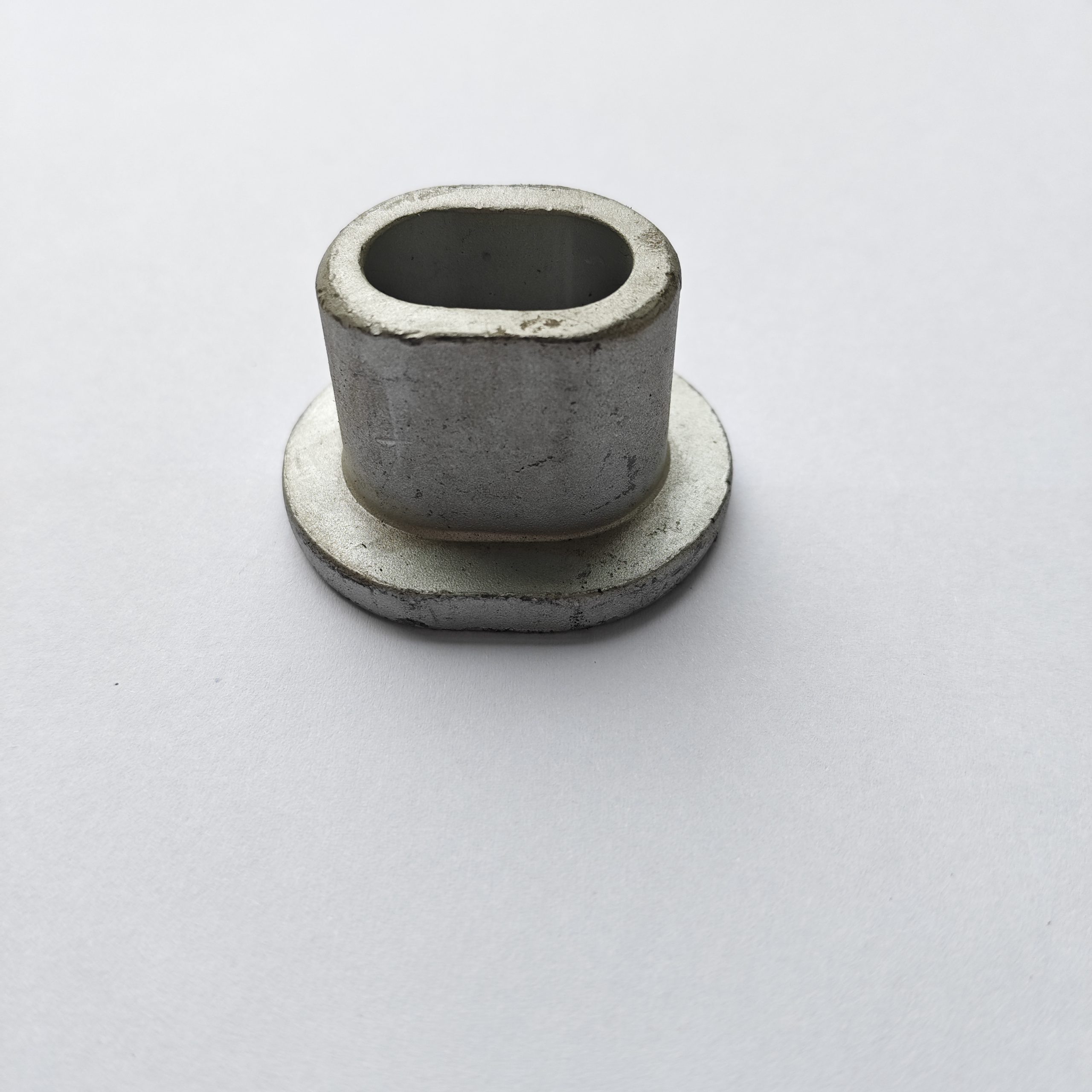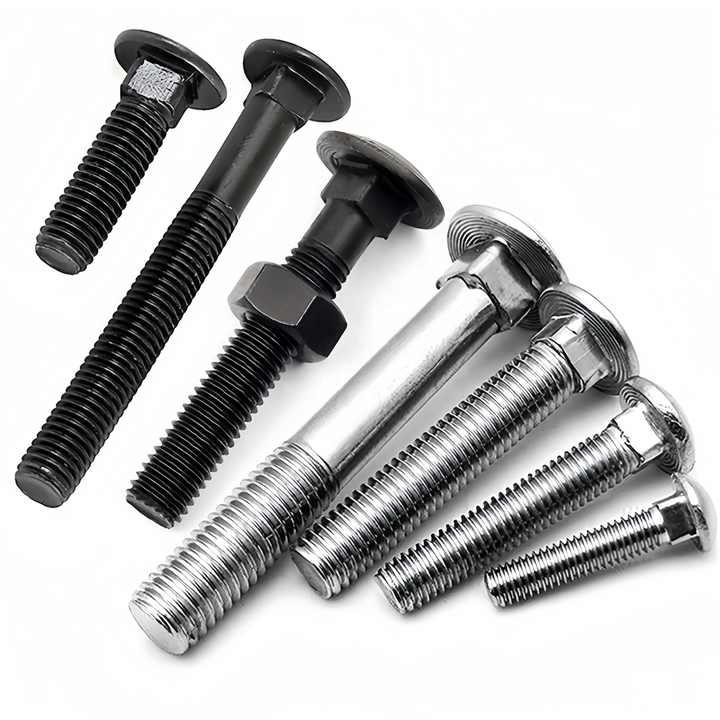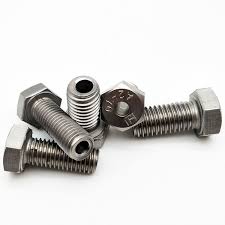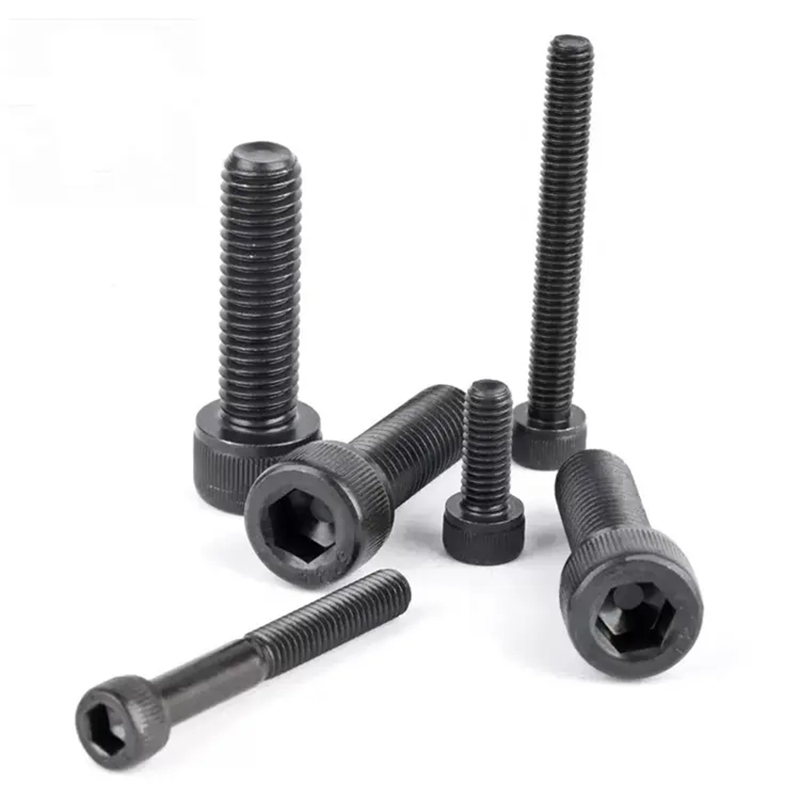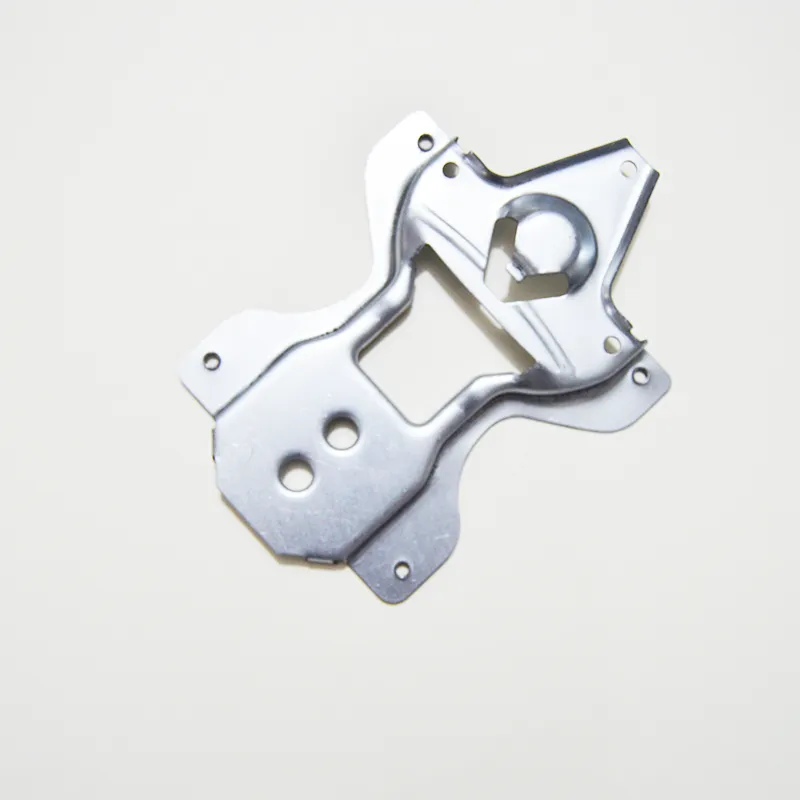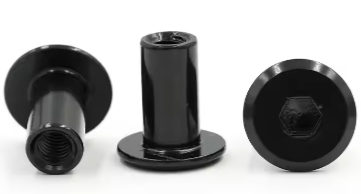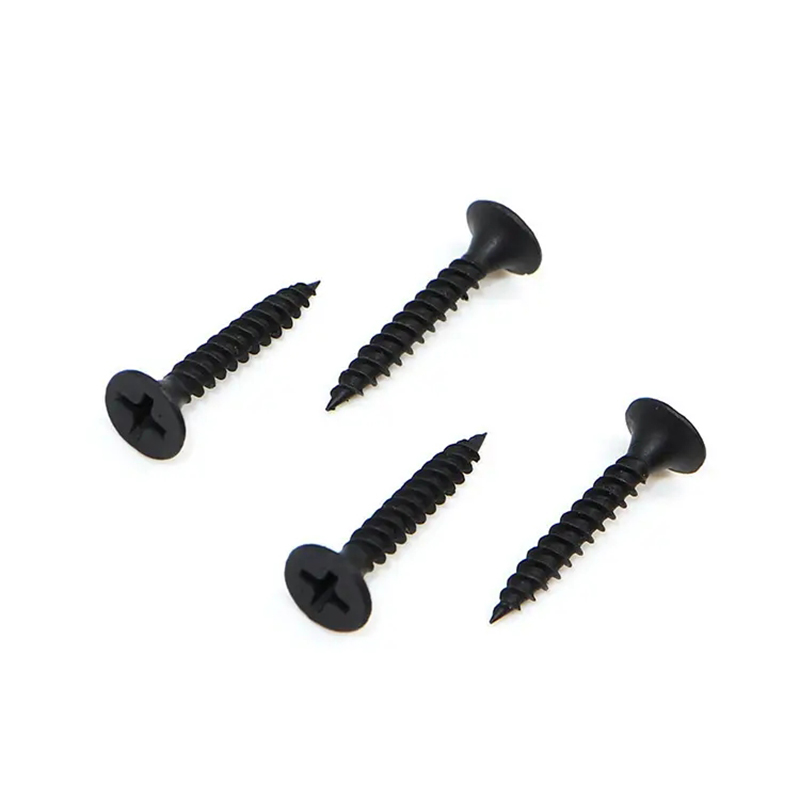

This comprehensive guide explores the world of China captive nuts, examining their types, applications, sourcing strategies, and quality considerations. We'll delve into the nuances of choosing the right China captive nuts for your specific needs, ensuring you make informed decisions for your projects.
Standard China captive nuts are the most common type, offering a reliable and cost-effective solution for various applications. They are typically made from materials like steel, stainless steel, or brass, and are available in a range of sizes and finishes. Their design ensures secure fastening and prevents loss or misplacement.
Beyond standard options, specialized China captive nuts cater to specific needs. These include: Weld nuts (pre-welded for robust fixing), self-clinching nuts (permanently installed in thin sheet metal), and keyed captive nuts (providing additional security against vibration). The choice depends heavily on the application and required strength.
The material of your China captive nuts significantly impacts their performance. Steel offers strength and affordability, while stainless steel provides superior corrosion resistance. Brass is often preferred in applications requiring non-magnetic properties or enhanced conductivity. Understanding material properties is crucial for selecting appropriate China captive nuts for your project.
Finding reliable suppliers of China captive nuts is key. Thoroughly research potential suppliers, verifying their certifications (ISO 9001, for example), reviewing online reviews and testimonials, and checking their production capabilities. Consider working with established companies with proven track records like Hebei Dewell Metal Products Co., LTD, a leading manufacturer of high-quality fasteners.
Negotiating favorable pricing and terms is essential when sourcing China captive nuts in bulk. Factor in factors such as order volume, required certifications, and delivery timelines. Clearly outline your requirements and compare quotes from multiple suppliers before making a decision. Consider the total landed cost, including shipping and import duties.
Implementing robust quality control measures is crucial. Request samples for inspection before placing a large order, and specify your quality standards in the purchase agreement. Consider on-site inspections at the manufacturing facility if possible to ensure compliance and adherence to your specifications.
China captive nuts find widespread applications across various industries. Common uses include electronics manufacturing (securing components to circuit boards), automotive manufacturing (fastening interior panels and other parts), and general industrial applications (where secure and repeatable fastening is required).
Selecting the appropriate China captive nuts involves considering several factors: the application's requirements (strength, corrosion resistance, temperature range), the type of fastening needed, and the material compatibility with the application environment. Detailed specifications and drawings are crucial for accurate ordering.
Successfully sourcing high-quality China captive nuts requires careful planning and diligent research. By understanding the available types, exploring sourcing strategies, and prioritizing quality control, you can ensure the long-term reliability and performance of your projects. Remember to compare different suppliers and always prioritize reputable manufacturers to minimize risks.

